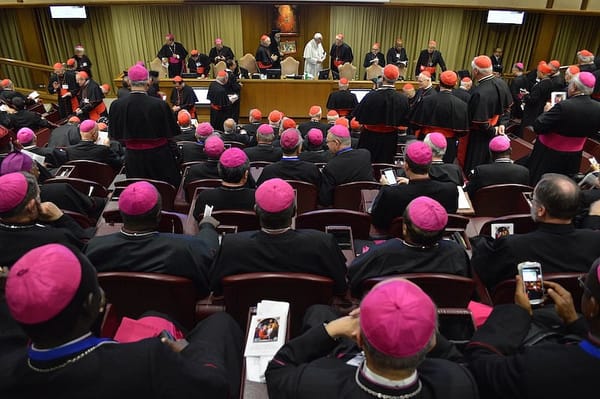Ed commissioner floats standardized testing compromise

MALDEN — As the state prepares to decide whether to adopt a new standardized test known as PARCC or stick with the existing MCAS exams, Commissioner of Elementary and Secondary Education Mitchell Chester on Monday put forward a third option — a hybrid of the two tests.
"I am considering this new model, this door number three, that takes advantage of our access to PARCC development…but uses that development for the construction of a MCAS 2.0, and gives us the running room to ensure that that MCAS 2.0 is exactly the test that we want," Chester told the Board of Elementary and Secondary Education at a special meeting focused on student assessment.

